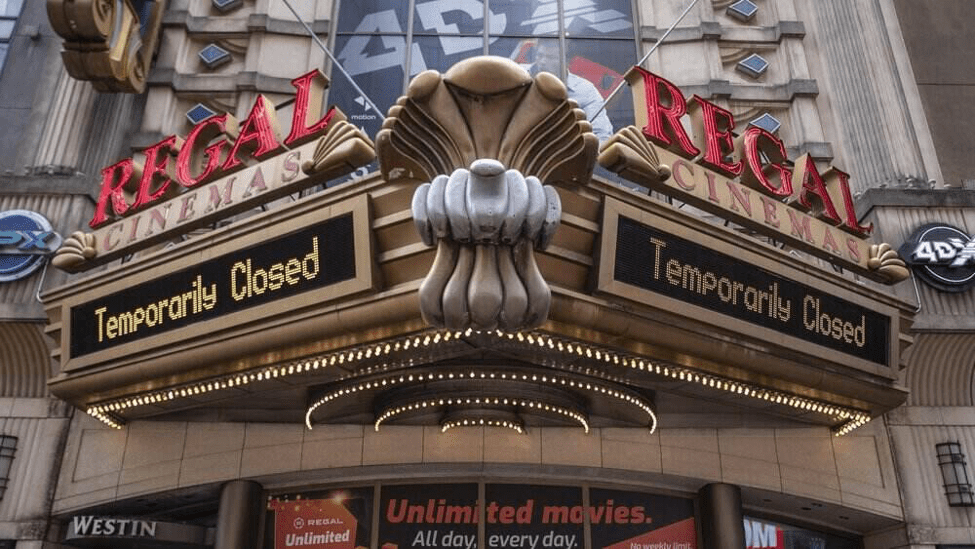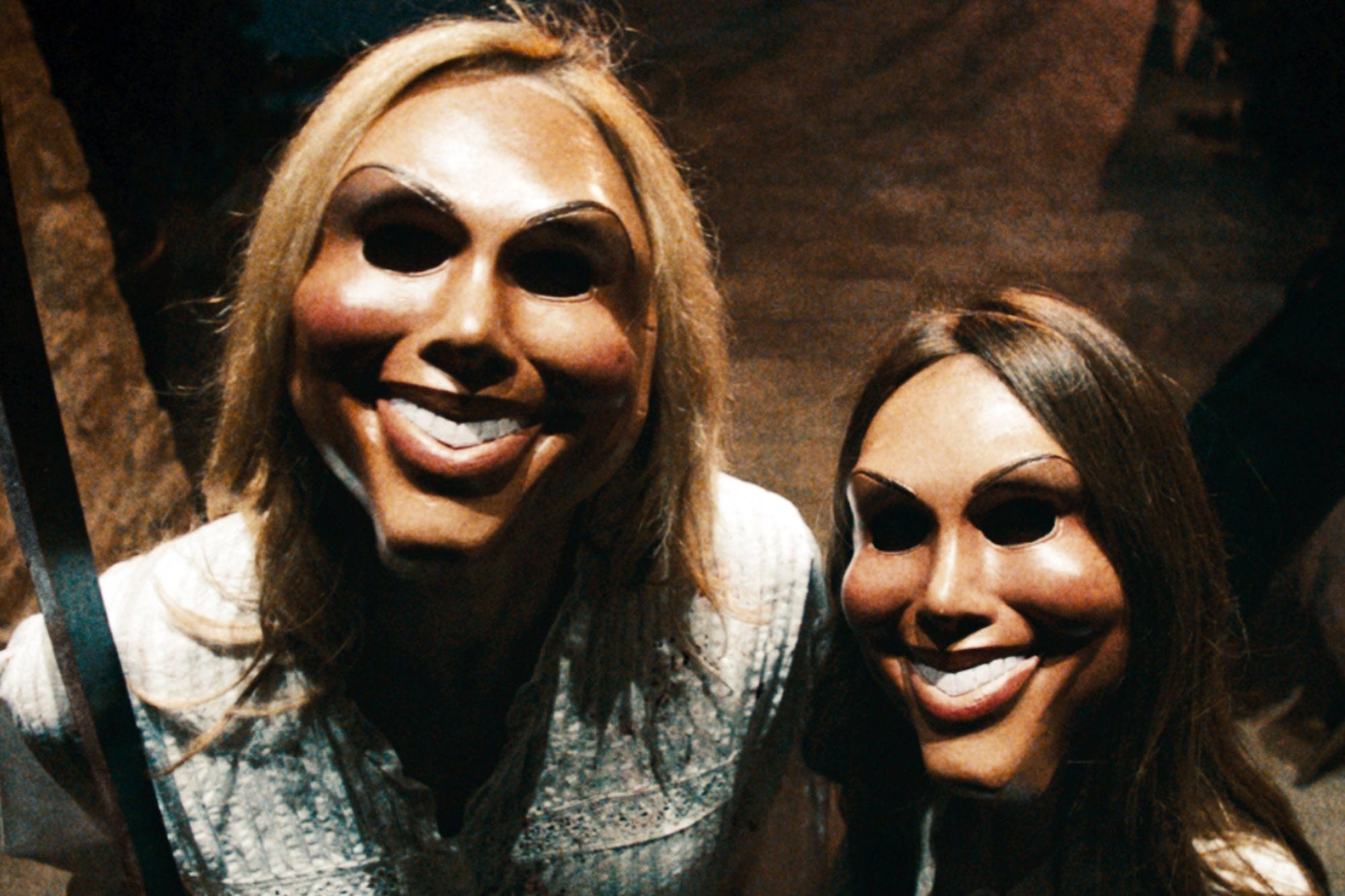Hollywood is a land of dreams, where multi-million dollar productions and A-list actors come together to create cinematic masterpieces. But sometimes, things go hilariously wrong. Enter "Madame Web," the latest superhero movie from Sony's Columbia Pictures, which has become an unexpected cultural phenomenon – not for its dazzling visuals or captivating storyline, but for its sheer awfulness.
Despite being critically panned and opening to dismal box office numbers, "Madame Web" has found a strange niche among moviegoers. Instead of being deterred by the negative reviews, some viewers are actively seeking out the film, eager to experience the campy glory of a cinematic trainwreck firsthand.
Why the Appeal of the "So-Bad-It's-Good" Movie?
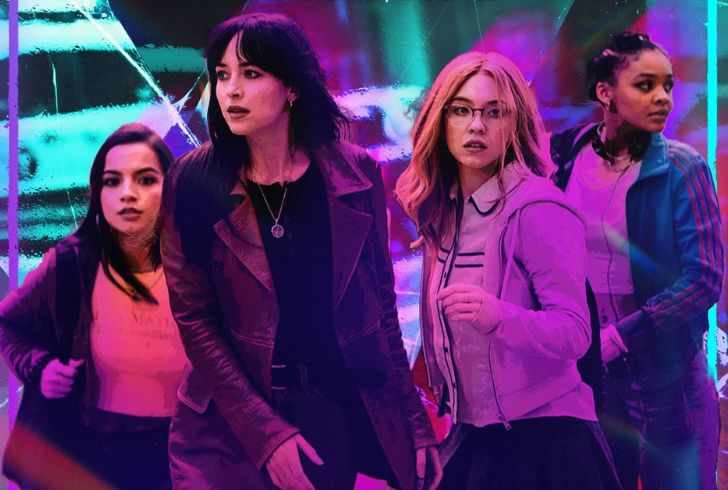
Instagram | madameweb | Research indicates that individuals drawn to bad movies may have greater cultural curiosity.
So, what compels people to shell out their hard-earned cash for a movie they know is going to be terrible? The answer, according to experts, lies in a complex interplay of factors, ranging from the allure of schadenfreude to the desire for cultural participation.
"There's a certain fascination with witnessing a grand production go spectacularly wrong," explains Jocelyn Szczepaniak-Gillece, director of the film studies program at the University of Wisconsin-Milwaukee. "The sheer investment of resources and star power makes the fall from grace even more entertaining."
This phenomenon isn't new. Professor Matthew Strohl, in his book "Why It's OK to Love Bad Movies," differentiates between "bad movie love" and "bad movie ridicule." While some viewers find genuine artistic value in certain bad films, others derive enjoyment from mocking and critiquing them.
Interestingly, research suggests that those who seek out bad movies might possess a higher degree of cultural curiosity than the average moviegoer. A 2016 study published in the journal Poetics found that some film enthusiasts deliberately watch "trash cinema" because it deviates from the mainstream and offers a unique viewing experience.
The Allure of "Madame Web": A Case Study in Cinematic Camp
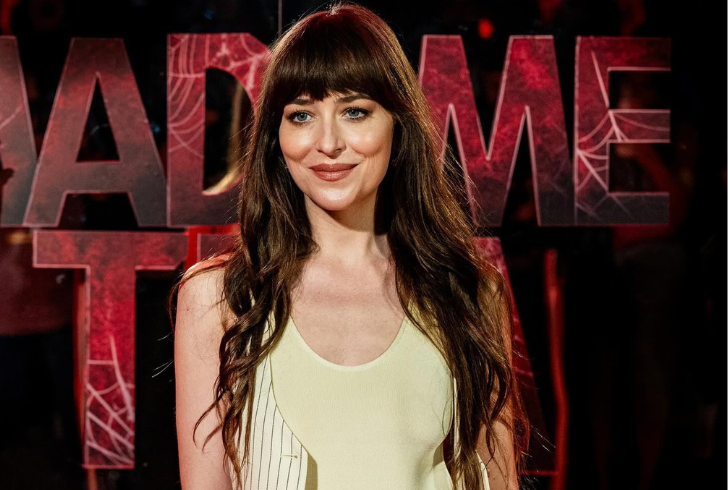
Instagram | madameweb | Dakota Johnson openly admits her Marvel unfamiliarity and describes her 'psychotic' filming experience.
"Madame Web" isn't your typical bad movie. It transcends mere mediocrity and enters the realm of the truly bizarre, thanks in part to its infamous trailer. The internet exploded with memes after a particularly awkward line about spiders in the Amazon was met with unintentional humor. The film's press tour, dubbed "chaotic" by BuzzFeed, only added to the movie's mystique.
Lead actress Dakota Johnson's candidness about her lack of Marvel knowledge, her self-described "psychotic" filming experience, and her (prescient) admission of uncertainty about the film's quality all fueled the public's fascination. For some viewers, like Iowa resident Daniel Bettenhausen, the decision to see "Madame Web" stemmed from a fear of missing out (FOMO).
He was intrigued by the online buzz and the prospect of engaging in conversations about the film's outrageousness. "It's led to countless discussions about how wild the movie was," Bettenhausen says. "I've even encouraged my friends to see it, and we joke that it's a cultural moment we'll never forget."
The Shared Experience of Laughter and Mockery
John Wilson, co-founder of the Golden Raspberry Awards (Razzies), which celebrate the worst in Hollywood cinema, believes that social media has fostered a culture of snark, contributing to the appeal of bad movies.
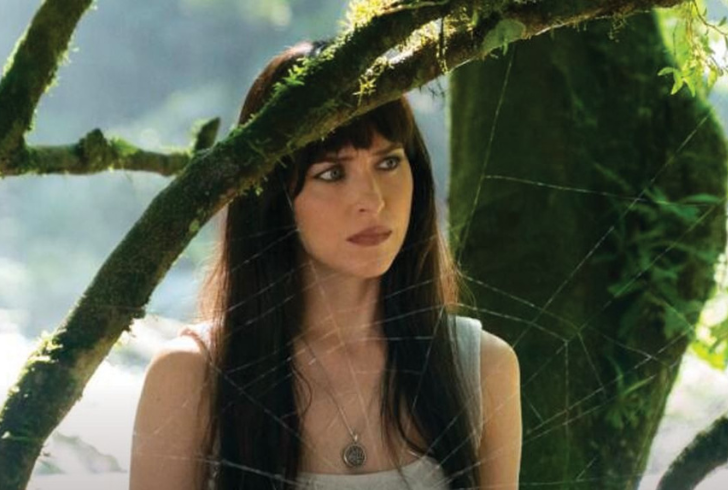
Instagram | rollingstone | Madame Web has sparked a unique cultural conversation.
However, he acknowledges the unique social aspect of watching a terrible film with others. "There's something undeniably enjoyable about being in a theater and witnessing an audience collectively turn on a movie," he says.
Szczepaniak-Gillece echoes this sentiment, highlighting the power of shared laughter in amplifying the enjoyment of bad movies. "Comedies are inherently funnier in theaters because laughter is contagious," she explains.
"Similarly, the absurdity of a trainwreck movie becomes even more entertaining when experienced with others. Ironically, these communal experiences can draw people back into the theater, even if it's to watch a movie they know will be terrible."
While the studios might not care about the specific motivations behind ticket sales, one thing is certain: "Madame Web" has sparked a unique cultural conversation. Whether it's the allure of witnessing a cinematic disaster, the desire to participate in online discourse, or the shared experience of laughter and mockery, the film has proven that even the worst movies can have a surprising cultural impact.


